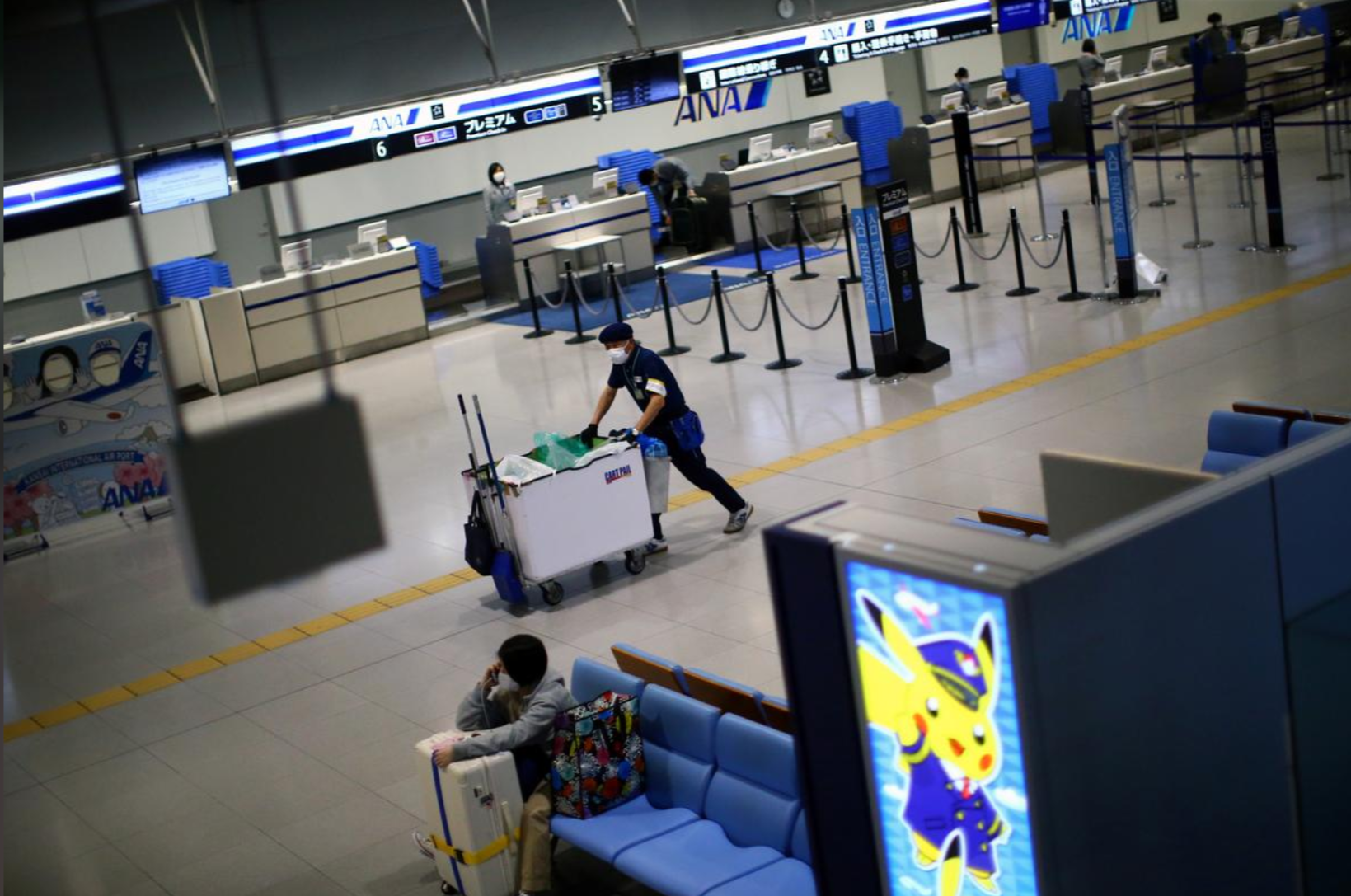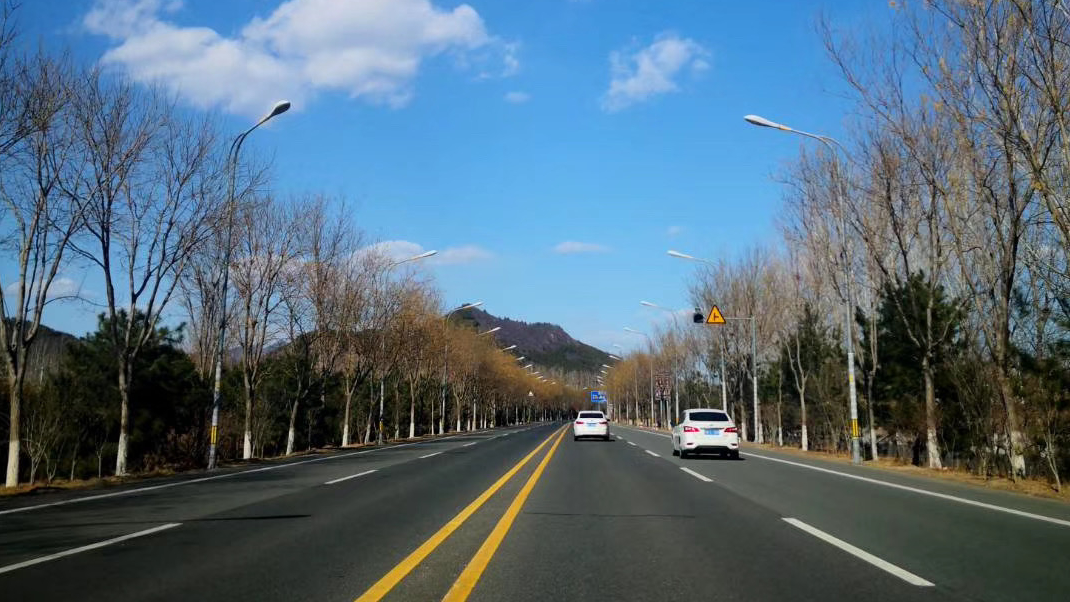
An employee, wearing protective mask works at the almost empty Kansai International Airport in Osaka, Japan, March 14, 2020. /Reuters
Editor's note: This is the
thirteenth article in the COVID-19 Global Roundup series. It contains the latest figures as of 10 a.m. BJT (0200 GMT) on March 14, 2020. Here is the
previous
one.
Countries around the world on Saturday continued to close borders, impose strict entry and quarantine requirements and restrict large gatherings in efforts to contain the spread of the new coronavirus.
Multiple countries have shuttered museums, tourist attractions and sporting events to minimize the risk of coronavirus transmission, with more than 138,000 people worldwide infected and more than 5,000 dead.
The White House announced that the U.S. will broaden its European travel ban to the UK and Irelandin order to combat the coronavirus pandemic as the World Health Organization (WHO) says Europe has become the pandemic's current epicenter after reporting more cases and deaths than the rest of world combined, apart from China.
COVID-19: Trump White House expands travel ban, France and Spain plan for lockdown
Colombia said it will close its borders with Venezuela and stop visitors who have been in Europe or Asia, as Venezuela confirmed its first two cases of the coronavirus Friday, deepening anxiety in a crisis-stricken nation where many hospitals lack basics such as water and soap and struggle to treat even basic ailments.
Saudi Arabia will suspend all international flights for two weeks, starting Sunday, state news agency SPA said. New Zealand implemented a similar measure for all those entering the country.
Prime Minister Jacinda Ardern also called on cruise ships, a major source of infections in some countries, not to come to New Zealand until June 30. The country has just six confirmed cases and has had no deaths, but Ardern said that number inevitably would rise.
01:02

Chilean President Sebastian Pinera announced a ban on public events with more than 500 people on Friday, joining countries such as Australia where the ban will come into force on Monday.
Britain will introduce emergency laws next week to ban mass gatherings, said a government source, an escalation of its crisis plan which critics had said was too relaxed.
The Philippines capital Manila, home to 12 million people, announced nighttime curfews on Saturday and urged shopping malls to close for one month.
The impact of the coronavirus on everyday life is also deepening
Spain, Europe's second worst-affected country by the disease after Italy, put its 47 million inhabitants under partial lockdown on Saturday as part of a 15-day state of emergency to combat the coronavirus epidemic. All Spaniards must stay home except to buy food, medicine, go to work or to the hospital or for emergencies.
Bars, restaurants, and shops selling anything but food and other staples must shut down. All leisure and sports activities also have to close, including cinemas, theaters, swimming pools or football grounds.
France is also taking a next step to combat the spread of COVID-19, announcing it shut down most shops, restaurants and entertainment facilities from midnight on Saturday and urging people to stay home as much as possible.
In Germany, the government announced on Friday that all clubs, bars and pubs would have to close up to and including April 19. In addition, patients in hospitals are no longer allowed to receive visitors – with the exception of those under 16 and the seriously ill. Events or gatherings with more than 50 people are also not allowed.
The Czech government will shut most shops and restaurants from early Saturday, with exceptions including food stores, pharmacies and gas stations.
The global sporting calendar has also been left in tatters with major tournaments canceled, postponed or forced to continue without spectators. But sport's biggest showpiece, the Olympic Games in Tokyo will still proceed as planned, according to the organizers.

The number of new cases in China is falling, while infections continue to climb around the world. /CGTN
New infections in China falling
While infections continue to climb around the world, the number of new cases in China's mainlandis falling. Apple Inc said it will close all its retail stores worldwide, outside Greater China region, until March 27. The companyreopened all 42 of its branded stores in China on Friday as the spread of the virus on the Chinese mainland slowed dramatically.
The number of new coronavirus cases in the Chinese mainland originating overseas surpassed the number of locally transmitted new infections for the first time on Friday, data released by the National Health Commission showed on Saturday.
Chinese mainland had 11 new confirmed cases on Friday, up from eight cases a day earlier, but only four of those – all in the virus epicenter of Hubei Province – were locally transmitted.
Hubei has now seen new infections fall for nine straight days. All four of the new cases on Friday, down from five a day earlier, were in the provincial capital Wuhan.
(With input from agencies)
 简体中文
简体中文

